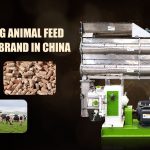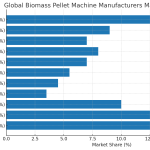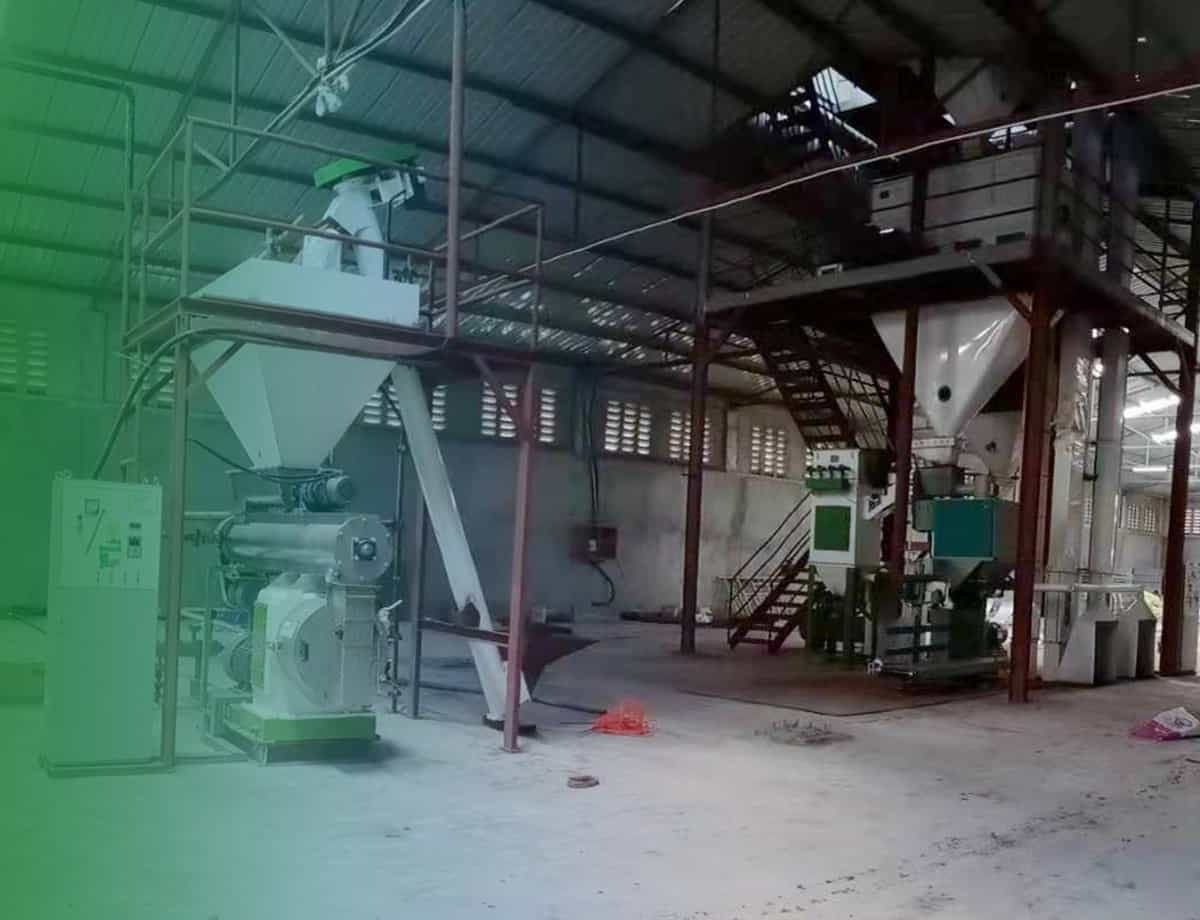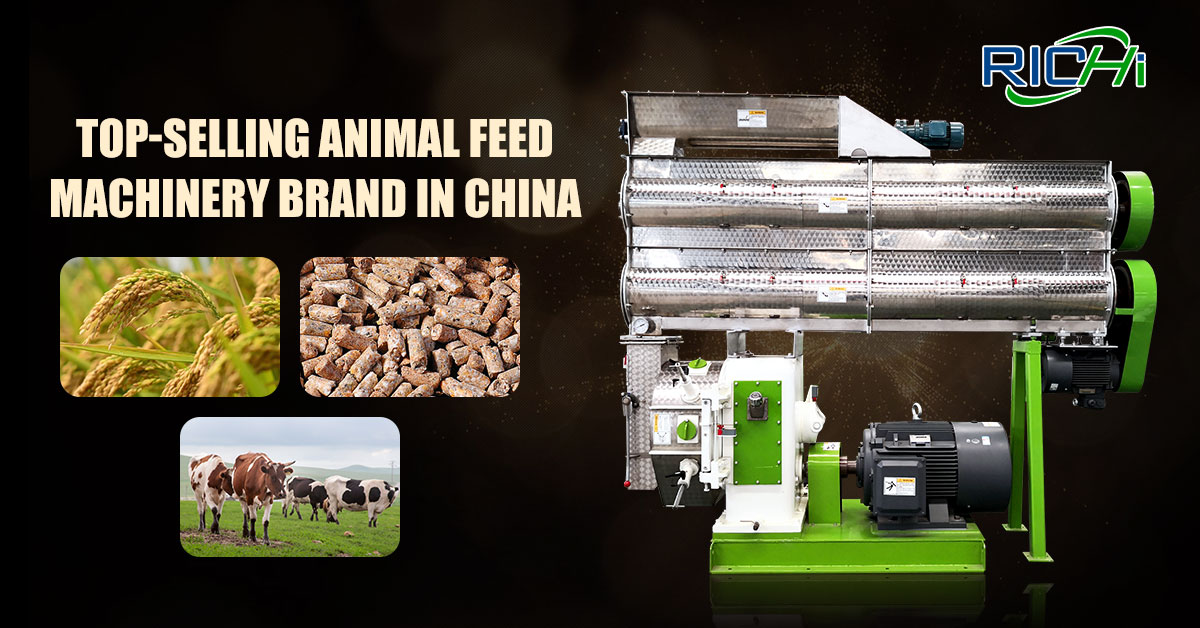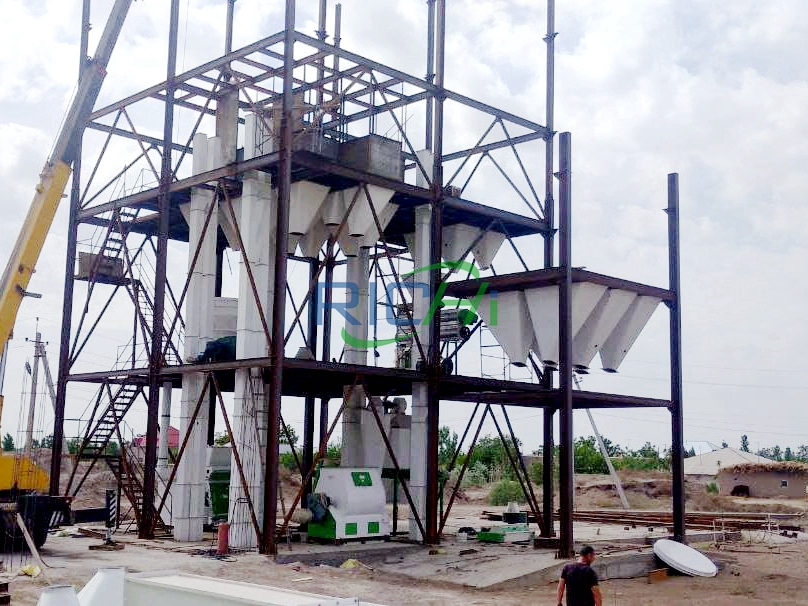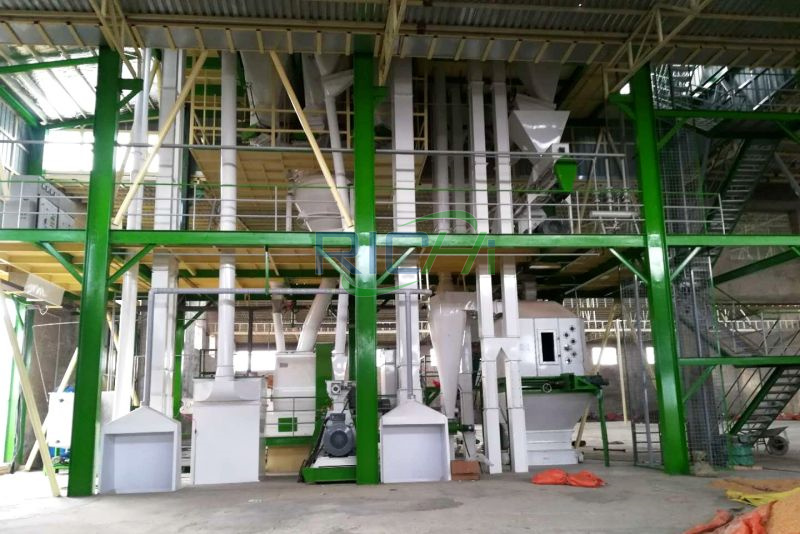The efficient and reliable operation of a 3-4 tons per hour (t/h) animal feed plant is crucial for maintaining consistent production and feed quality. Daily maintenance plays a vital role in preventing breakdowns, minimizing downtime, and extending the lifespan of the equipment. This article outlines the key points to focus on during the daily maintenance of 3-4 t/h animal feed plant machinery.
1. Lubrication
Proper lubrication is essential for reducing friction and wear on moving parts, which can lead to premature failure.
- Identify Lubrication Points: Familiarize yourself with the lubrication points specified by the manufacturer. Common lubrication points include bearings, gearboxes, and other moving components in equipment such as hammer mills, mixers, and pellet mills.
- Use Recommended Lubricants: Always use the lubricants recommended by the manufacturer. Different components may require specific types of oil or grease to function optimally.
- Check Lubricant Levels: Regularly inspect lubricant levels and top up as necessary. For example, the roller bearings of a pellet mill should be lubricated at a rate of 10-220 grams per hour, depending on the size of the mill. Insufficient lubrication can lead to increased wear and overheating.
- Clean Before Lubricating: Before applying fresh lubricant, clean the lubrication points to remove any dirt or debris that could contaminate the lubricant.
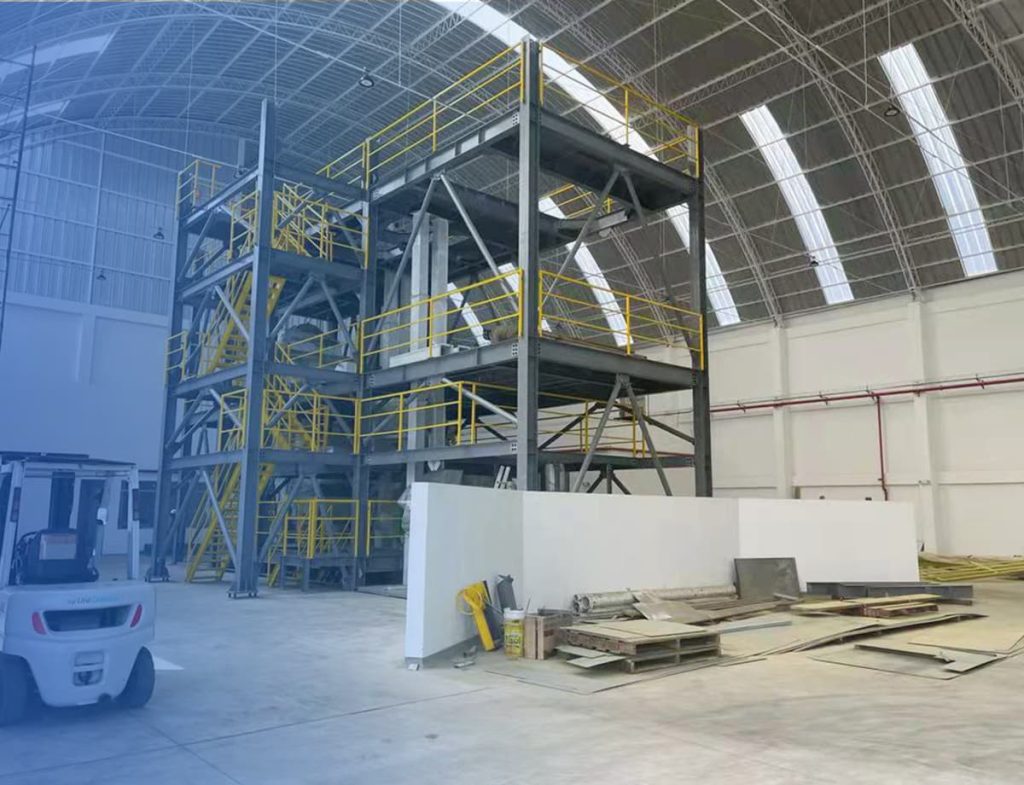
2. Cleaning and Housekeeping
Keeping the machinery clean is essential for maintaining optimal performance and preventing contamination of the feed.
- Remove Dust and Debris: Use a vacuum or compressed air to clean dust and debris from the equipment, particularly in hard-to-reach areas. Accumulated dust can cause overheating and affect the machinery’s performance.
- Clean Surfaces: Wipe down surfaces with a clean, dry cloth to remove any spilled feed or contaminants. Avoid using water, as moisture can promote corrosion.
- Maintain a Tidy Work Area: Keep the area around the machinery organized and free of clutter. This not only improves safety but also makes it easier to spot potential issues.
3. Visual Inspections
Conducting regular visual inspections can help identify potential problems before they escalate into major issues.
- Check for Leaks: Inspect the equipment for any signs of oil, grease, or feed leaks. Leaks can indicate worn seals or gaskets and can lead to contamination of the feed.
- Inspect Belts and Chains: Examine drive belts and chains for signs of wear, such as cracks or fraying. Replace any damaged components immediately to prevent further issues.
- Look for Unusual Noises or Vibrations: Pay attention to any unusual sounds or vibrations during operation. These can be early indicators of mechanical issues that require attention.
- Check Safety Devices: Ensure that all safety devices, such as guards and emergency stop buttons, are in place and functioning correctly.
4. Monitoring and Record-Keeping
Keeping detailed records of maintenance activities and monitoring the machinery’s performance can help identify trends and catch potential problems early.
- Record Maintenance Activities: Document all maintenance tasks performed, including the date, time, and any parts replaced. This information can be valuable for troubleshooting and planning future maintenance.
- Monitor Key Performance Indicators: Track key performance indicators (KPIs) such as production output, energy consumption, and feed quality. Significant deviations from normal levels can indicate an underlying issue with the machinery.
- Review Maintenance Records: Regularly review maintenance records to identify any patterns or recurring problems. This information can help optimize the maintenance schedule and identify areas for improvement.
5. Operator Training and Engagement
Involving operators in the daily maintenance of the 3-4 t/h animal feed plant machinery and providing them with proper training can enhance the effectiveness of the maintenance program.
- Train Operators on Maintenance Tasks: Provide operators with training on how to perform basic maintenance tasks, such as lubrication and visual inspections. This helps ensure that maintenance is carried out consistently and correctly.
- Encourage Operator Feedback: Engage operators in the maintenance process by encouraging them to provide feedback on the machinery’s performance and any issues they encounter. This can lead to valuable insights and help identify areas for improvement.
- Recognize Maintenance Efforts: Acknowledge and reward operators who consistently perform maintenance tasks diligently. This helps foster a culture of ownership and pride in maintaining the equipment.
6. Spare Parts Management
Having a well-stocked inventory of spare parts and consumables is essential for minimizing downtime in the event of a breakdown or scheduled maintenance.
- Identify Critical Spare Parts: Work with the machinery manufacturer to identify the most critical spare parts and consumables, such as bearings, seals, and filters. Keep an adequate supply of these items on hand to ensure quick repairs.
- Monitor Inventory Levels: Regularly check inventory levels and reorder parts as needed. Avoid letting critical items run out, as this can lead to extended downtime.
- Store Parts Properly: Store spare parts in a clean, dry, and organized manner to prevent damage or contamination. Follow any specific storage instructions provided by the manufacturer.
Conclusion
Effective daily maintenance of 3-4 t/h animal feed plant machinery requires attention to detail and a proactive approach. By focusing on lubrication, cleaning, visual inspections, monitoring, operator engagement, and spare parts management, feed producers can ensure that their equipment operates efficiently and reliably, producing high-quality feed consistently. (Related post: animal feed pellet plant)
While daily maintenance is essential, it should be part of a comprehensive maintenance program that includes regular preventive maintenance and prompt corrective actions when needed. By investing in a well-designed maintenance program, feed producers can maximize the return on their investment in animal feed plant machinery and maintain a competitive edge in the market.
For details please contact: Richi Machinery
WhatsApp:86 138 3838 9622
Email:enquiry@richipelletmachine.com
